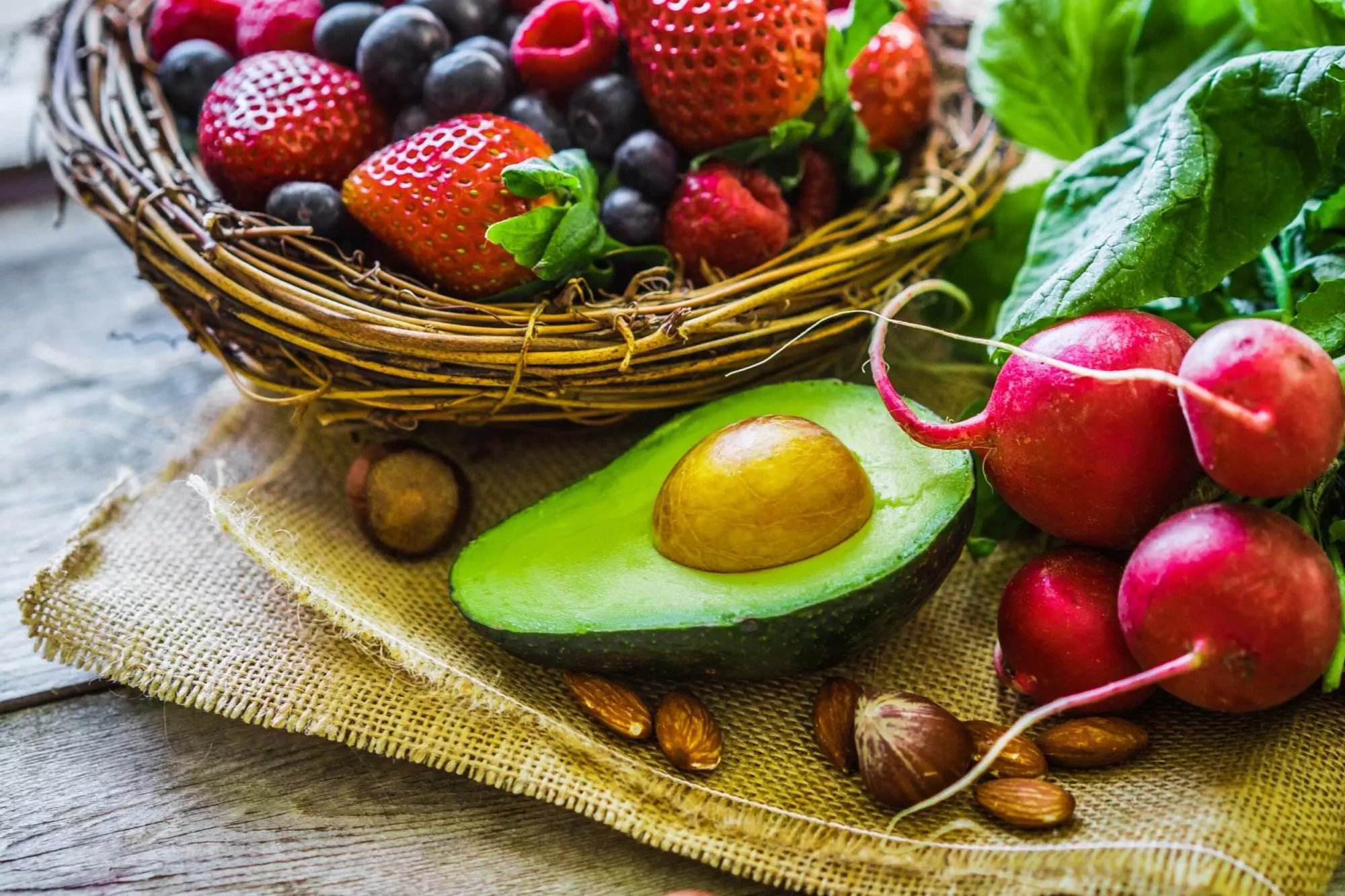
How to Stick to a Balanced Ketogenic Diet Plan Without Feeling Deprived
Are you ready to dive into the world of keto? The ketogenic diet is a low-carb, high-fat lifestyle that has been gaining popularity for its ability to help people lose weight and improve their overall health. However, sticking to a balanced ketogenic diet plan can be challenging at times, especially if you’re used to eating carbs all day long. In this blog post, we will explore how to stick to a balanced ketogenic diet plan without feeling deprived.
Introduction to the Ketogenic Diet
The ketogenic diet is a way of eating that involves consuming fewer carbohydrates and more fats than traditional diets. By reducing your intake of carbs, your body enters a state called ketosis, where it burns fat as fuel instead of glucose. This process leads to rapid weight loss and improved blood sugar levels in many individuals.
What is a Balanced Ketogenic Diet
A balanced ketogenic diet consists of 70% healthy fats, 25% protein, and only 5% carbohydrates. Some examples of healthy fats include avocado, nuts, seeds, olive oil, coconut oil, and butter. Protein sources should come from lean meats like chicken or fish, while non-starchy vegetables provide fiber and nutrients. It’s essential to avoid processed foods, sugary drinks, and refined grains on a keto diet.
Common Mistakes People Make on a Keto Diet
One common mistake people make when starting a keto diet is not planning their meals ahead of time. Without proper planning, it’s easy to fall off track and indulge in unhealthy food choices. Another mistake is not getting enough sleep or staying hydrated, which can affect ketone production and hinder weight loss progress. Finally, some people may overdo it with dairy products, leading to digestive issues such as constipation.

How to Stick to Your Keto Meal Plan Without Feeling Deprived
Staying motivated on a keto diet requires creativity and dedication. Here are some tips to help you stick to your keto meal plan:
1. Experiment with new recipes: Trying out different keto-friendly recipes can keep things interesting and prevent boredom. There are plenty of delicious keto desserts and snacks available online.
2. Set realistic goals: Setting achievable goals helps maintain motivation and provides a sense of accomplishment. Start by aiming for small wins, such as eliminating one unhealthy habit per week.
3. Get support: Joining a community of fellow keto dieters can offer encouragement and accountability. You can find online groups or attend local meetups to connect with others who share similar interests.
4. Don’t forget about exercise: Regular physical activity can boost energy levels and increase weight loss results. Even simple workouts like walking or doing yoga can have significant benefits.
The Best Foods for a Balanced Ketogenic Diet
Here are some of the best foods to incorporate into a balanced ketogenic diet:
1. Avocados: Rich in monounsaturated fats and fiber, avocados add creaminess to any meal or snack.
2. Nuts and Seeds: Almonds, walnuts, pumpkin seeds, and sunflower seeds are packed with healthy fats and protein.
3. Fatty Fish: Salmon, tuna, sardines, and mackerel contain omega-3 fatty acids and amino acids that promote weight loss and reduce inflammation.
4. Eggs: High in protein and healthy fats, eggs are an excellent breakfast option on a keto diet.
5. Non-Starchy Veggies: Leafy greens, broccoli, cauliflower, spinach, and peppers are loaded with vitamins and minerals, making them ideal for keto diets.
FAQs About the Ketogenic Diet
1. What happens during ketosis? During ketosis, your liver breaks down stored fat into molecules called ketones, which become the primary source of energy for your brain and muscles.
2. How do I know if I’m in ketosis? One way to measure ketosis is through urine strips, which change color based on the presence of ketones. Breath analyzers and blood tests can also detect ketone levels.
3. Can I cheat on my keto diet occasionally? Cheating on a keto diet can disrupt ketone production and slow down weight loss progress. However, occasional indulgences can be okay as long as they fit within your daily macronutrient targets.